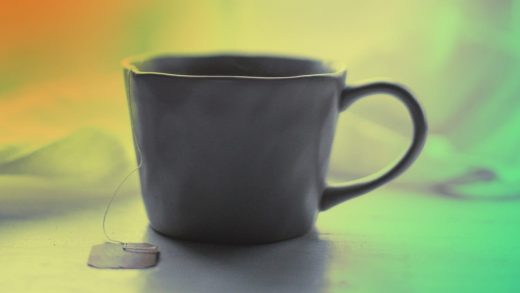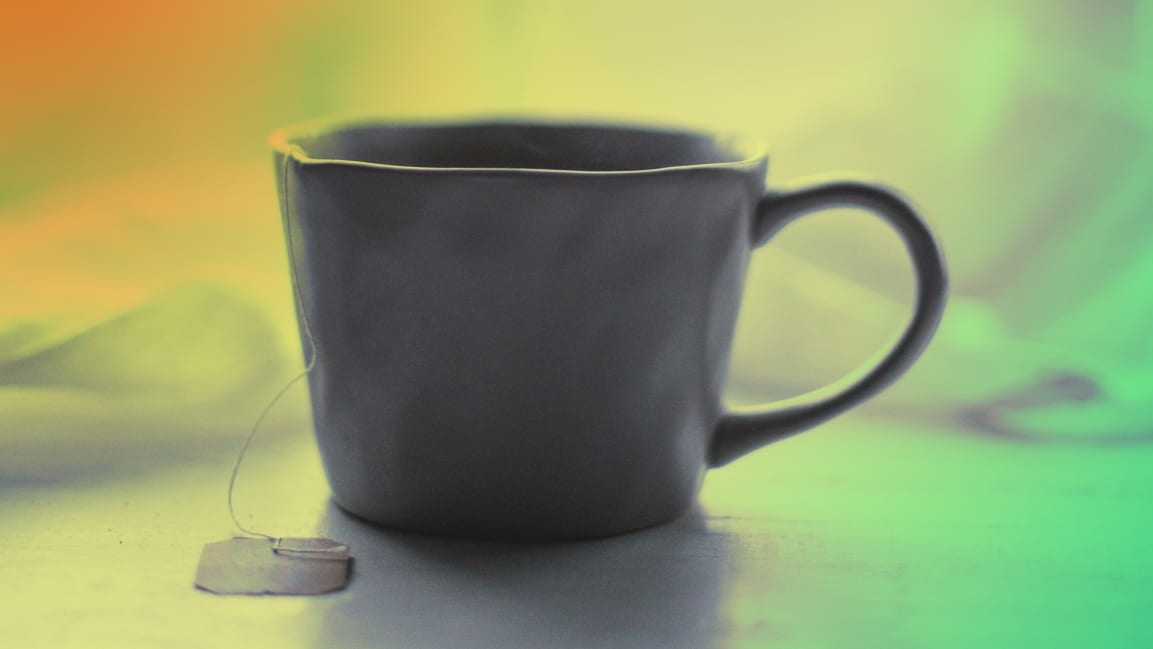Tea now comes with a side of billions of microplastics per cup
Here’s the tea: You may be swallowing billions of microplastics while sipping a cup of tea, according to a new study from McGill University.
Microplastics are not normally a part of tea leaves or paper tea bags, but they may be introduced to the process when you try to be fancy and buy those premium teas that come in “silken,” occasionally pyramid-shaped tea bags. While those bags theoretically allow for larger tea leaves for better flavor, the bags are made of PET (polyethylene terephthalate) or nylon, which can break down in hot water. That caught the attention of Nathalie Tufenkji, a professor of chemical engineering, who asked her graduate student, Laura Hernandez, to go buy a bunch of tea in silken bags, steep them in hot water, and test the results, according to the CBC.
While they were expecting to find some plastic particles in the tea, they found a lot more than that. “We were shocked when we saw billions of particles in a single cup of tea,” Tufenkji told the CBC.
Their results were published Wednesday in the journal Environmental Science & Technology, and they are eye-opening. One cup of a tea brewed from a single tea bag could contain 11.6 billion microplastic and 3.1 billion nanoplastic particles, the researchers estimated from their result. The results are so small—about the size of a grain of dust or pollen—that tea drinkers never notice them, but they are there, and there are many more microparticles of plastic in tea than there are in other types of food and drink. According to the researcher, that’s because the study included and counted smaller particles than most other studies, but also because when you throw a “silken” tea bag in hot water, “you’re literally adding plastic into the beverage.”
While scientists have yet to show that microplastics and nanoplastics are bad for your health, and the World Health Organization has said the risk from microplastics in drinking water is low, especially if the particles are relatively large, people may understandably be hesitant to chug them, too. Plus, as Tufenkji points out to the CBC, those plastic tea bags are “just another single-use plastic,” which the world does not need.
And that’s the tea.
(16)



